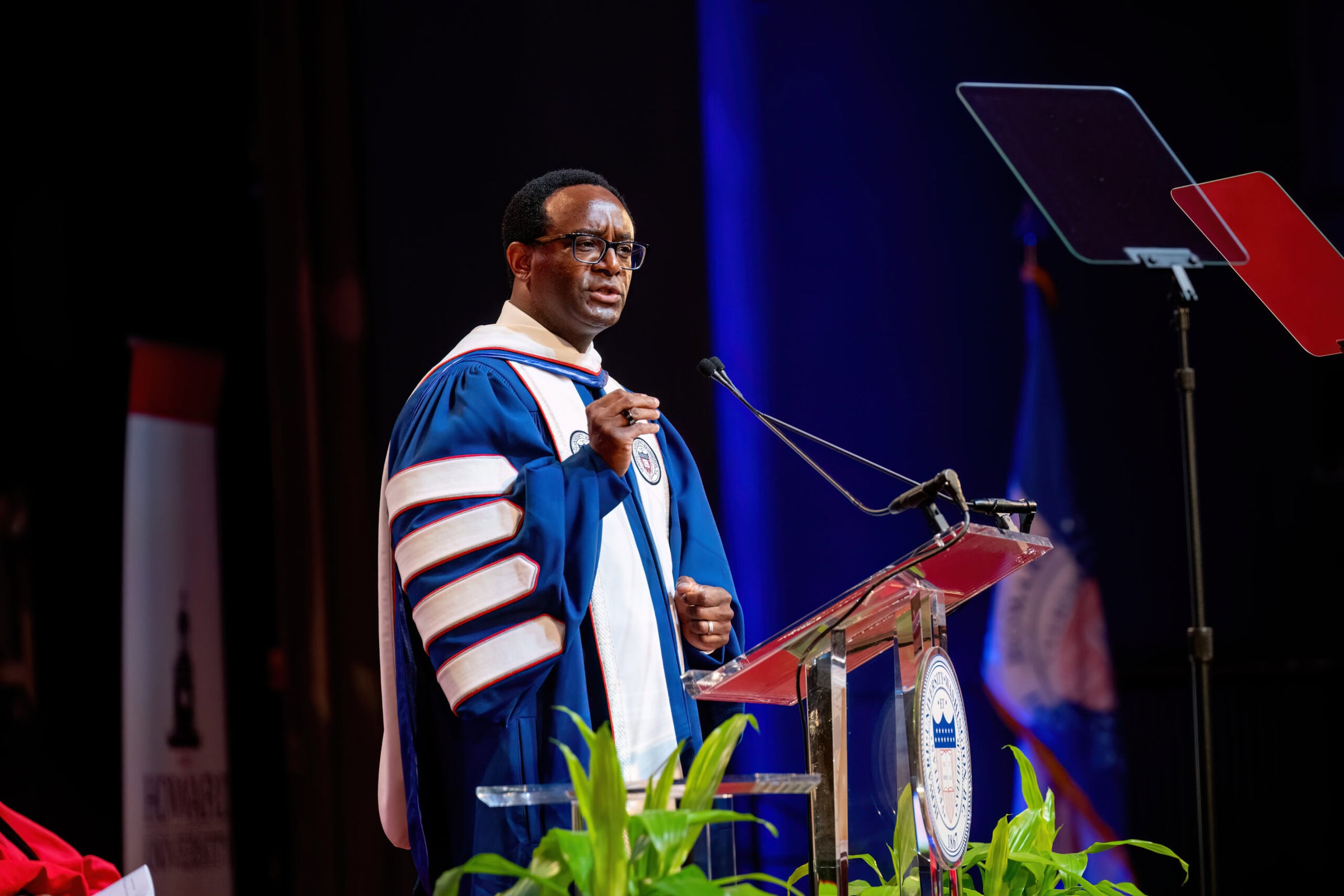The January issue of Perspectives on History contained a thought-provoking Viewpoints article from Professor Rebecca S. Wingo. In “The Job of the Academic Market,” the author calculated the amount of time she had spent job-hunting over three years on the academic job market. Her contribution raises several issues concerning the academic job market in the 21st century, a market that has undergone a series of changes, indeed, radical ones since the 1980s and especially in the last decade. While the most frequently discussed issue is the scarcity of tenure-track job offerings, particularly compared to the number of non-tenure-track, temporary, and adjunct positions, that is not what I wish to address here. (Those interested in these statistics should consult the AHA’s latest data on the academic job market in the 2020 jobs report.)
What particularly resonated with me was Professor Wingo’s estimation of the time spent and, even more emphatically, the escalating demands made on job applicants to provide ever more information in an application packet. When I first was applying for tenure-track jobs from 1980 to 1987, the process consisted of searching through the Job Bulletin and perusing paper publications, like the Chronicle of Higher Education. The internet, electronic listservs, and various H-Nets did not exist until the end of that decade, and even then they were limited in scope. One drafted an application letter and prepared a CV, stuffed them into an envelope, and then committed the whole to the mercies of the US Post Office. Virtually no one proffered much advice on how to craft these materials, and I shudder to think of the mistakes I made. One then arranged for letters of recommendation to arrive, one hoped, sometime before the deadline. I rarely received an acknowledgment that my application had arrived, was virtually never informed that any letter of recommendation had ever been sent or received, and, all too infrequently, did I learn I had been excluded except from the silence that reigned, often for months, until the eventual announcement that Department X was delighted to welcome Dr. So-and-So to its faculty.
Even though the number of academic jobs, and the number of tenure-track jobs, has declined, at least in some ways the application process has improved. As Professor Wingo points out, the AHA can legitimately claim responsibility for part of that happier situation. The AHA’s Guidelines for First-Round Interviews recommend (it is well to remember that the AHA can only recommend, encourage, and urge) a series of improvements that, as Professor Wingo acknowledges, have alleviated some of the anxiety and trouble.
I greatly sympathize with complaints about the expectations of applicants that have reached truly ridiculous levels.
Despite these modifications, I greatly sympathize with complaints about the expectations of applicants that have, I believe, reached truly ridiculous levels. I know students whose dossiers must include not only the letter of application but supporting materials that include sample syllabi, a statement of teaching philosophy, a discussion of research aims, a position on diversity, an expression of commitment to civic engagement and community outreach, and, for religiously affiliated colleges and universities, a statement on how one will contribute to a particular religious climate on campus (and I am sure that this list is not exhaustive). Enough already. Besides the fact that so many of these statements read alike and reflect website recommendations, much of this information could be included in a reasonably long (albeit still no more than three-page) letter of application. Advisers can also address these issues in letters of recommendation. That may require more individualized letters of recommendation, but excuse me if my sympathies here lie with the applicant and not the overworked faculty member. Faculty get paid to do these things; moreover, it is their responsibility. There are other ways in which faculty are overburdened in respect to the academic hiring, and I will return to those below.
Technology has made parts of this process more convenient and speedier. The AHA Career Center, H-Net, and other job sites allow candidates to locate jobs far more readily than before and allow jobs to be advertised on a rolling basis. It is also easier to communicate with faculty, send materials, track progress, and get responses. All those are pluses. But we have also created a monster that at the same time vastly complicates the process of job applications for job seekers and faculty. Many, indeed most, colleges and universities now maintain their own application sites, which range from quite good to absolutely and utterly hideous, obscure, and by no means intuitive. Many schools have also outsourced background checks or have contracted for websites that do not allow for the easy transmission of written materials. The requirements for the submission of letters of recommendation vary widely; some accept pdfs, and others accept only Microsoft Word documents; still others require you to cut and paste the letter into a webpage, with word limits that you don’t discover until you actually try to upload a letter. Argh. Websites sometimes “go rogue” as well, blithely informing candidates that they have been short-listed or rejected, either for the job they applied for or another one entirely. The older system of letter-in-envelope did not obviate all of these problems, but with the proliferation of requirements, the possibility that “mistakes will be made” is ever greater.
On-campus interviews will probably never be standardized across the profession, nor perhaps should they be.
I also found Professor Wingo’s recommendations for how departments conduct interviews, especially on-campus interviews, pertinent. The AHA has several guidelines and statements for best practices on the whole job-search process that make specific and strong recommendations. On-campus interviews will probably never be standardized across the profession, nor perhaps should they be. Institutions and their expectations vary widely, as do individual applicants’ strengths and qualifications; just consider the differences between a school principally interested in research and one principally interested in teaching, or a job in policy history compared to one in intellectual history. Nonetheless, interviews for the same position should be at least structurally alike. One might not go to the extreme of asking the same questions of each applicant, but one should use a standardized format for all. And I am in complete agreement that the on-campus interview should always be conducted with respect for the applicant at all stages in the process.
Still, applicants should remember that, for some matters, departments and search committees often have their hands tied. I have, for example, tried for years to be allowed to purchase airline tickets in advance so applicants are not paying out of pocket or to allow them a per diem during their visit. Nada. No receipts, no reimbursements. End of story. University administrations and, in the case of state universities, legislatures are a law unto themselves—and no AHA recommendations will alter that. Faculty should be more forceful in pushing these matters with campus administrations and human resources, but we can also be more considerate in small things. We can have search-committee members meet candidates at the airport and return them; provide clear and accurate itineraries in advance, complete with contact information; allow candidates sufficient “downtime” before presentations; and make sure candidates are informed of hiring timelines. But some matters, even that of timing notifications of when one is or is not being considered further, are often not in a department’s control.
Finally, applicants should remember that most departments want applicants to do a good job, are rooting for them, and are sincerely interested in identifying the best candidate for their position. Faculty try to assure that interviewees come away with good impressions of them throughout the process. But no matter how fair and transparent the system is, only one person will get the job, and not everyone will walk away satisfied that they have been fairly treated. Sadly, not all will have experienced the consideration and respect, and even kindness, they deserve and that is more than just “merely unfortunate.” It is unacceptable, as well as shortsighted.
This work is licensed under a Creative Commons Attribution-NonCommercial-NoDerivatives 4.0 International License. Attribution must provide author name, article title, Perspectives on History, date of publication, and a link to this page. This license applies only to the article, not to text or images used here by permission.


